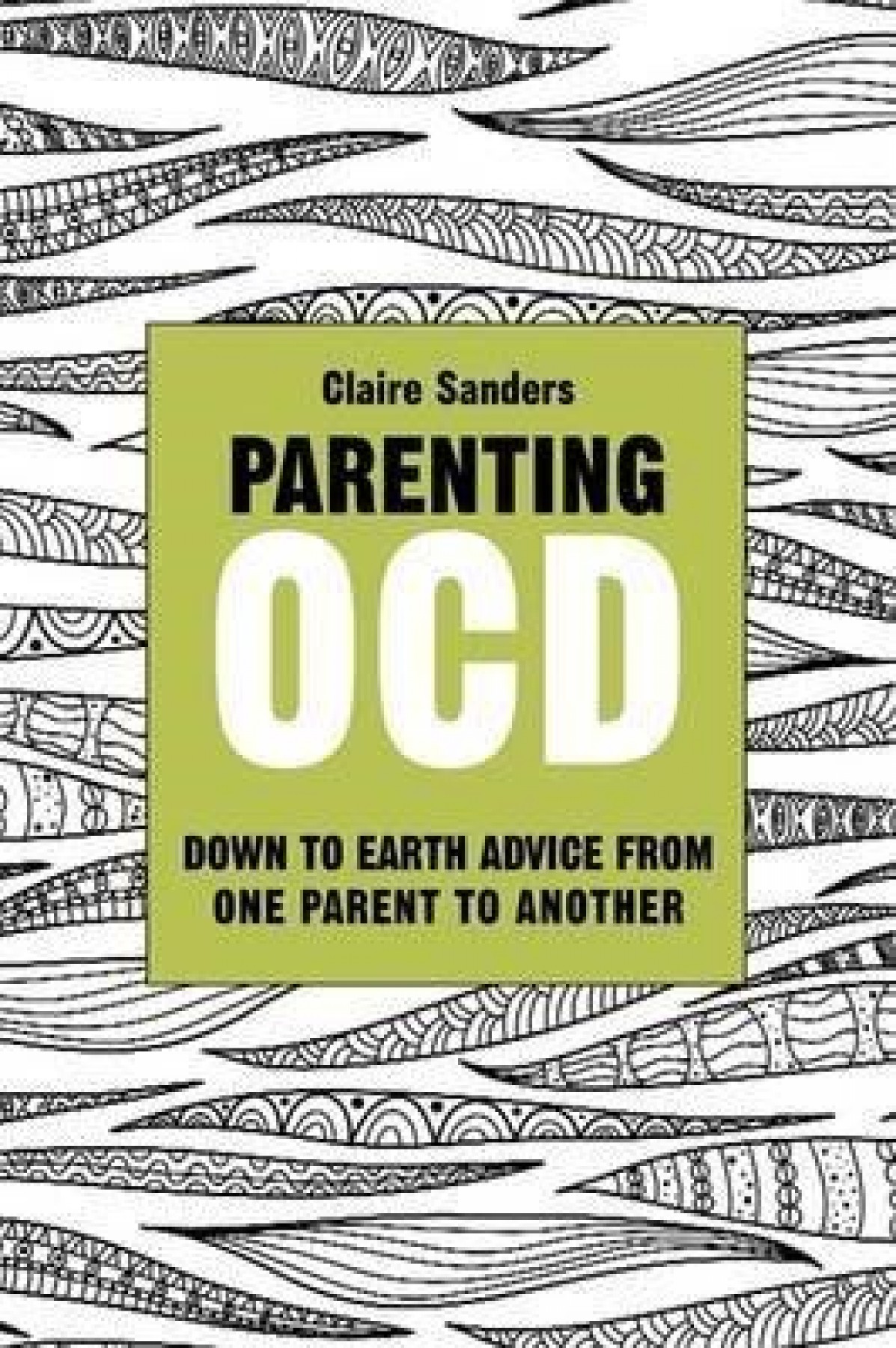Author and mother Claire Sanders talks about life with her son, who has severe Obsessive Compulsive Disorder (OCD). This book’s real strength is the author’s honesty in her reflections of her first-hand experience and practical advice. She covers what is involved in getting a diagnosis, what to expect in therapy, how to cope with panic attacks, how it might affect the rest of the family and how you might feel as a parent.
You get a sense of OCD as an insatiable beast - the more you accommodate the condition, the more it demands, impacting not just the individual but the whole family dynamic. Sanders describes the moment when she realised her son’s OCD was stronger than his bond with her and that she would have to fight like a tiger to maintain their relationship. You can sense her love for her son and her wish for him to flourish, despite his disorder.
As with any recovery journey, the individual needs to overcome problems at their own pace. Sanders’ son developed symptoms at eight years old and by age 13 made some leaps forward. Sanders speaks with raw honesty at the end of the book where she concludes that until her son makes a personal commitment to his treatment, OCD will continue to have a strong hold.
As a mother, what I find the most challenging is the fine balance between comforting and enabling: we all have our little rituals that help us cope with life. Sanders notes that with OCD it is important to support the person, not the rituals. Your child may find their environment challenging but it’s important to cope through the anxiety. Through this experience they will understand their own inner strength, rather than resorting to rituals.
Reading about Sanders’ experiences with her son’s schools highlights how important it is in the schooling environment that the curriculum and staff promote inclusiveness and wellbeing:
“OK so, in your child’s head lives a bully. It puts horrible thoughts in their heads, horrible images, and makes them do things they don’t really want to do because they are scared of the threats their bully makes. That’s how OCD operates. Then, to make matters worse, not only do they carry that bully around all the time, very often there are other bullies in the ‘real world’ that think it is hilarious that your child taps or counts or is scared of something.”
Sanders also highlights the potency of humour; both as a coping tool and a way to reclaim power among the absurdity of some OCD symptoms. This book would have been an invaluable read for my extended family in the early days of living with OCD. I would recommend this book to any family for whom OCD has an impact.
Reviewed by Kim Higginson, Information Resources Specialist at the Mental Health Foundation

